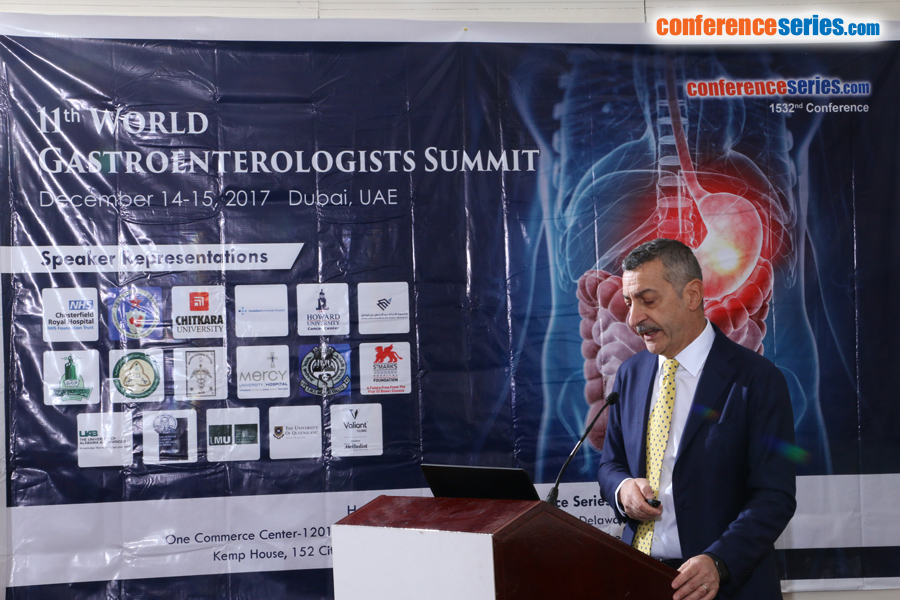
Biography
Biography: Vito Annese
Abstract
Cancers caused by immunosuppressant drugs represent a minority of the incident cancers observed in patients with IBD. Thiopurines can promote cancer in several different ways, such as carcinogenic mutations of cell DNA, impaired tumor-cell immune-surveillance, reduced number and/or function of immune cells, and facilitating the proliferation of cells with microsatellite instability. However, several studies conducted in referral centers and adequately powered nationwide studies have suggested that cancer risk in general is not increased. In a recent meta-analysis, the overall standardized risk ratio (SIR) for lymphoma considered in the population studies was significantly increased in IBD patients receiving thiopurines, (5.7, 95% CI 3.2-10.1), but not in former users or patients who had never used these drugs. The absolute risks were globally higher by a factor of 2 to 3 in men compared with women, irrespective of age and drug exposure. The highest absolute risks for lymphoma (any type) were found in patients over 50 years (2.6/1000 patients) and in males under the age of 30 (estimated crude risk: 1 to 2/1000 patients). Hepatosplenic T-cell lymphomas (HSTCLs) occur almost exclusively in males under the age of 35 who are exposed to thiopurines. However, over 80% of the cases of HSTCL occur after the first 2 years of combination therapy of thiopurines with anti-TNF. Data suggesting an excess risk of non-melanoma skin cancer (NMSC) in IBD patients being treated with thiopurines have emerged from several studies conducted in the last five years and a recent meta-analysis, which found a pooled adjusted HR for NMSC in thiopurine-treated IBD patients of 2.3. The carcinogenic effect of thiopurines has been attributed to increased UVA-induced DNA damage, increased production of reactive oxygen species in skin epithelial cells. Since 1995, several studies have investigated the cancer risk associated with TNF-alpha antagonists used in IBD. Most patients treated with these agents in these studies also used (or had used) thiopurines, so it is difficult to attribute the findings to anti-TNF therapy alone. More recently an adequately powered nationwide study in Denmark have confirmed the data of meta-analysis and pooled analysis for infliximab and adalimumab excluding an excess of risk. It is not clear whether concomitant anti-TNF treatment increases the risk of thiopurine-associated lymphoma, except for the hepatosplenic T-cell variety. The results of a recent meta-analysis indicate that the risk of melanoma is mildly increased (37%) in IBD patients, independent of the use of biologic therapy. In a large nested case-control study performed with data from a large health insurance claims database, the use of TNF-alpha antagonists was independently associated with an increased melanoma risk in patients with IBD (OR=1.9; 95% CI, 1.1-3.3), but in a Danish cohort the adjusted odds ratio was non-significant. Reliable data regarding risk of cancer and therapy with Methotrexate and Cyclosporine in IBD are lacking. Data on methotrexate related to rheumatologic experience do no report an excess risk of solid cancer or hematological malignancies. Calcineurin inhibition is associated with an unequivocal excess risk of cancer in the post-transplant state, but is generally dose and duration-dependent; therefore, is not an issue for IBD.

